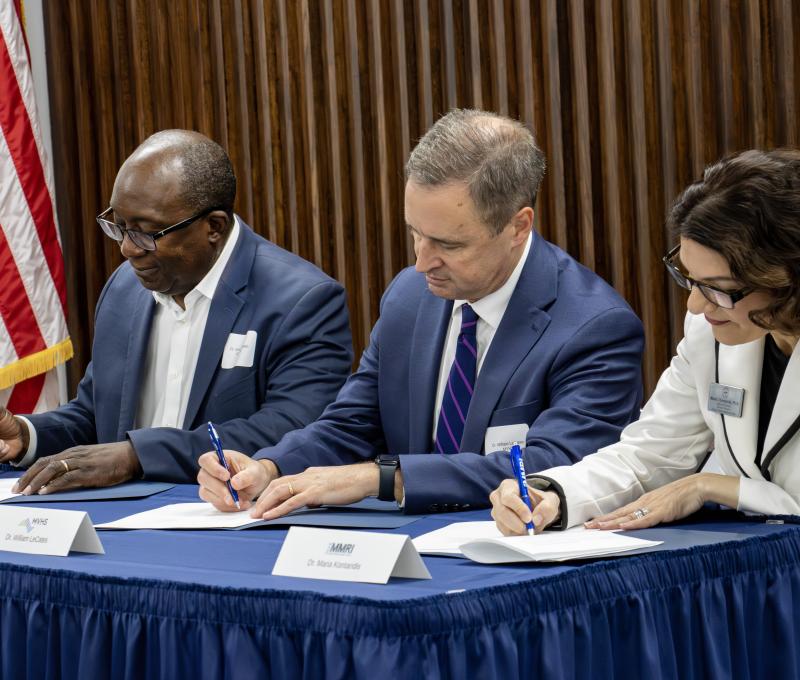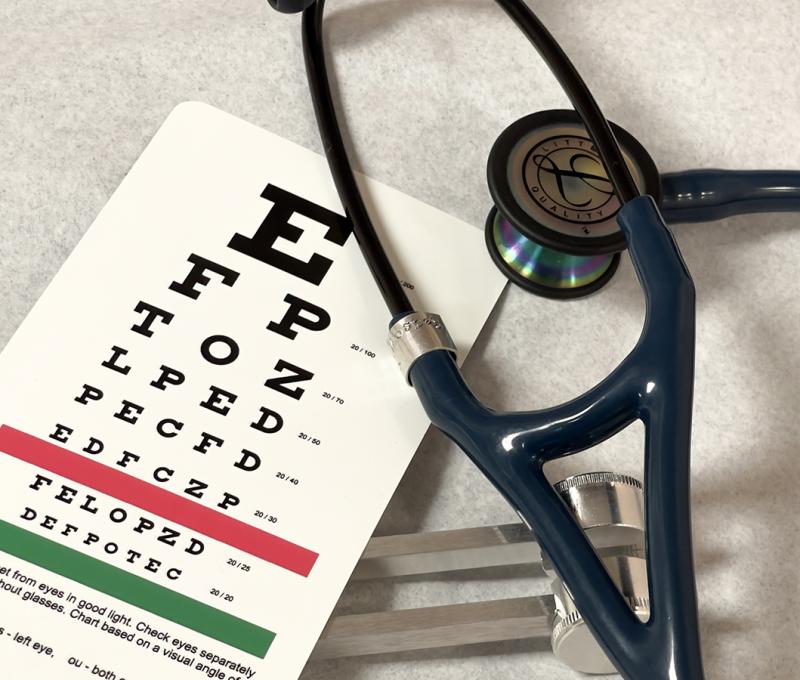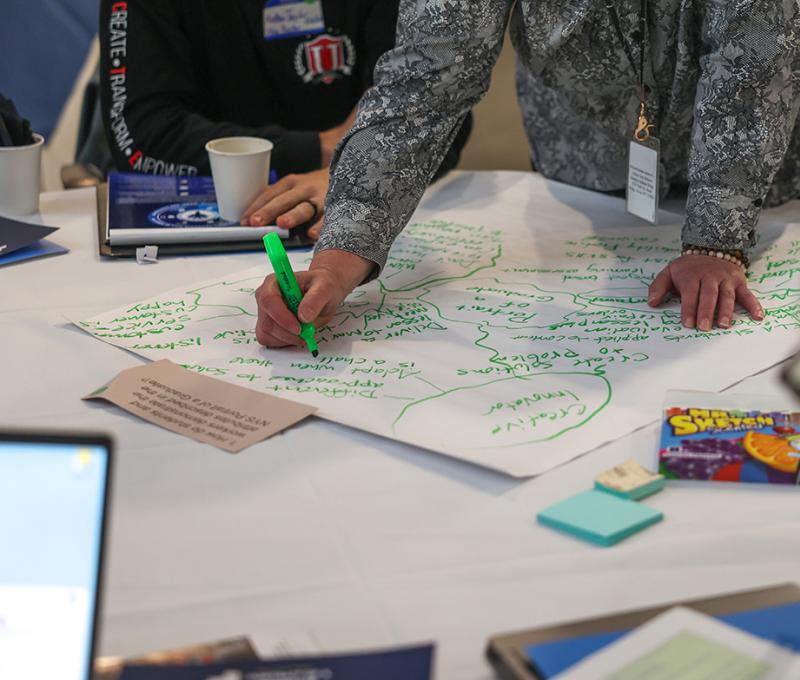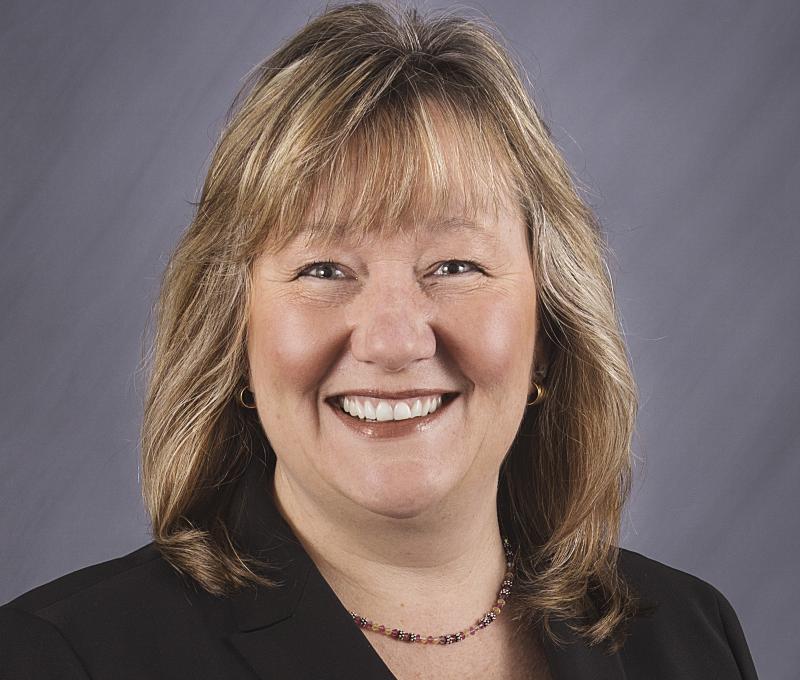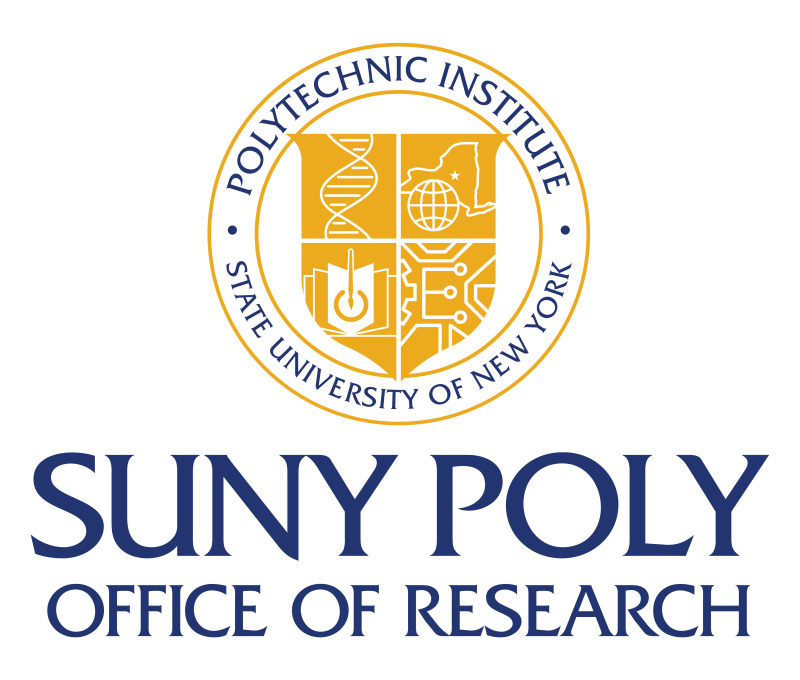University of Iowa News Release: SUNY Poly's Dr. Sara Brenner 2018 Recipient of Distinguished Alumni Award for Early Career Achievement

UI Carver College of Medicine Distinguished Alumni Awards 2018
Sara Brenner, MD, recognized for early career achievement
The University of Iowa Roy J. and Lucille A. Carver College of Medicine in Iowa City recently recognized Sara Brenner, MD, naming her the 2018 recipient of the college’s Distinguished Alumni Award for Early Career Achievement.
Technology has rapidly accelerated the pace of change in medicine, and Brenner has positioned herself on the cutting edge. Brenner’s research focuses on developing nanomedicine applications and on the health and safety of people and the environment as they relate to engineered nanomaterials.
Nanotechnology is the understanding and control of matter at dimensions of 1 to 100 nanometers, where unique biological, chemical, and physical properties emerge. As the first physician on faculty at the State University of New York (SUNY) Polytechnic Colleges of Nanoscale Science and Engineering (CNSE), she brings a distinctive perspective to the emerging opportunities and challenges in occupational and environmental health and safety.
Brenner, a member of the UI Carver College of Medicine Class of 2006, was recently appointed to serve as a senior policy advisor in the White House Office of Science and Technology Policy.
“This is an incredible opportunity and the pinnacle of my career this far,” she says. “We’re at a tipping point at the intersection of health care and technology. The landscape is ripe for the coordination of bipartisan efforts and bold initiatives in science, human health, research and technology. It combines my experience in biomedical technology, internal medicine, preventive medicine, public health, nanotechnology, and federal health policy.”
As a student at the UI Carver College of Medicine, Brenner was elected as a national delegate to the American Association of Medical Colleges (AAMC) organization of student representatives, and she would visit the nation’s capital every few months to advance medical education priorities. She also frequented Washington while working with the American College of Preventive Medicine (ACPM) to work on public health policy, form a medical student section, and later, lead the resident physician section, of ACPM.
“I got my foot in the door during medical school, and I’m sitting in the White House today,” she says.
Although she is now based hundreds of miles from Iowa, Brenner looks back on her time at the UI with great fondness.
“I miss Iowa the longer I am away, especially the people,” she says. “Medical school was one of the best periods of my life. It was stressful and we worked hard, but genuine, compassionate people and wonderful mentors surrounded me. The culture of the medical school enabled students to follow their passions, even if they were unconventional.”
Brenner credits several UI faculty members with guiding her education and career decisions.
“Neal Kohatsu, MD, MPH, was president of the ACPM when I was a student. Our mentorship and friendship influenced the direction of my career. My conversations with Dean Jean Robillard empowered and inspired me to shape my thinking into bigger picture issues. I was also very involved with medical ethics and Margaret LeMay-Lewis at the Carver College of Medicine Writing Program,” she says.
Serving in the Office of Science and Technology Policy is the opportunity of a lifetime for Brenner; one that required courage and a leap of faith, in veering once again off the typical path.
“The whole enterprise of medicine is changing,” she says. “Not many people have the appetite for jumping into uncharted territory. Nanotechnology is a rapidly growing area, and the rate of change is increasing. Not even the sky is the limit.”
When Brenner advises students, she encourages them to be curious and brave.
“Be intellectually insatiable. Talk to as many people as you can, and read as much as you can. Explore different thoughts, disciplines, and people, inside and outside of medicine,” she says. “Then, don’t be afraid. People might not always understand what you’re doing, and you’ll need to have a thick skin.”
Brenner remains open to whatever the future has in store and would ultimately like to bring academia, government, clinicians, and the private sector – including innovators and entrepreneurs – together to advance the health of people.



